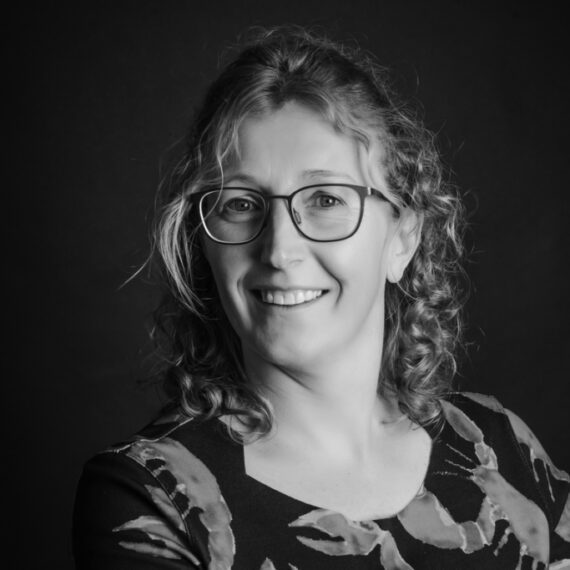
31 Oct One Conference sessions now online

News
One Conference sessions now online
One Conference sessions now online
In order to meet the deadlines set in the EU policy, an enormous amount of work needs to be done in a few years. The first deadline is in 2030 which means the whole process of policy making, policy implementation and assessment of chemicals using the new policies needs to be done in an unprecedented short time. In order to reach these goals all stakeholders need to be involved and be willing to work together.
A conference was organized in July 2022 by many EU agencies and Institutions including EFSA and ECHA. Sessions were held in the themes ‘One Society’, ‘One Life’, ‘One planet’, and ‘Many Ways’. These sessions were aimed at finding ways forward to meet the challenges of the future resulting from the European Green Deal. All the sessions can now be found online at the EFSA youtube channel that can be found via the one-conference website.
Although interesting, watching the sessions would take many hours. Triskelion was present at the one conference in order to remain up to date on the direction of future policy making. Here we would like to mention the direction some of the discussions took in the different sessions of the conference.
One Society
Risk assessment does not happen in a void. It’s important that people have trust in risk assessments that are performed. The best way to gain trust is to foster openness, provide context and include people in the process. However, these are not easy goals. Risk communication is difficult, especially when talking about the complexities of risk assessment. The One Society tried to investigate the ways in which society can be involved. The green deal requires the introduction of new value chains in the food sector. But it is unclear how our food chain could be arranged to meet all goals in the green deal while also providing sufficient safe food for the growing population.
One life
In the one-life sessions the need for enough safe food for a growing population was also discussed. Some points were generally accepted and not discussed during the conference. Food waste needs to go down, and we a need to shift to a more sustainable diet, which requires less intake of animal proteins. Novel foods can play a big role in our future diet, but also the novel foods need to be safe and the risk assessment for these foods need to be fit for purpose. Interesting discussions were held on the possible way forwards. The consensus was that this can only be done by changing consumer consumption patterns. How difficult this is, was illustrated by a moderator that confessed that he concluded a day of discussing the need to shift to a plant based diet with a ‘Animal protein heavy diner’.
One planet
Every choice has a tradeoff. A framework is needed to assess the total impact of all choices that are made in policy making, risk assessment, and sustainability assessment. What do you do when the sustainable option reduces food security? How do you make sure your policy does not counteract the policy goals of other agencies. There is a need to decide which tradeoffs are acceptable and communicate why choices were made. Inevitably the total package of policies will be seemingly counterproductive in some cases. In the end policy makers have to be able to explain and justify the policies as a whole.
Many Ways
In order to meet the goals set in the green deal, we need to find new ways to do risk assessments. AI, Combitox, and NAMs are all important but consensus is not straight forward. A typical example of the conversations is the use and validation of NAMs. On the short term, the green deal policy is expected lead to a significant increase in animal testing. There is a broad consensus that animal tests should be replaced by NAMs where possible. These should be validated before they can be accepted and included in the guidances and regulations. Validating NAMS against in-vivo models should not be the goal, rather NAMs should be validated to result in sufficient protection. But consensus still has to be found how validation should be done and what constitutes sufficient protection.
The most used words were probably ‘We need a new paradigm’. And although true, this is easier said than done. The tendency is often: ‘You should shift your paradigm to meet my views’. The One conference was mainly attended by people from EU agencies and policy makers. To maximize the chances to achieve a successful paradigm shift, the discussion should now be taken to society with an open view and a willingness of all stakeholders to shift paradigm and build a new system.
Need more information or professional support? Feel free to contact Isabel Laanen tel: +31 6 5000 7475




